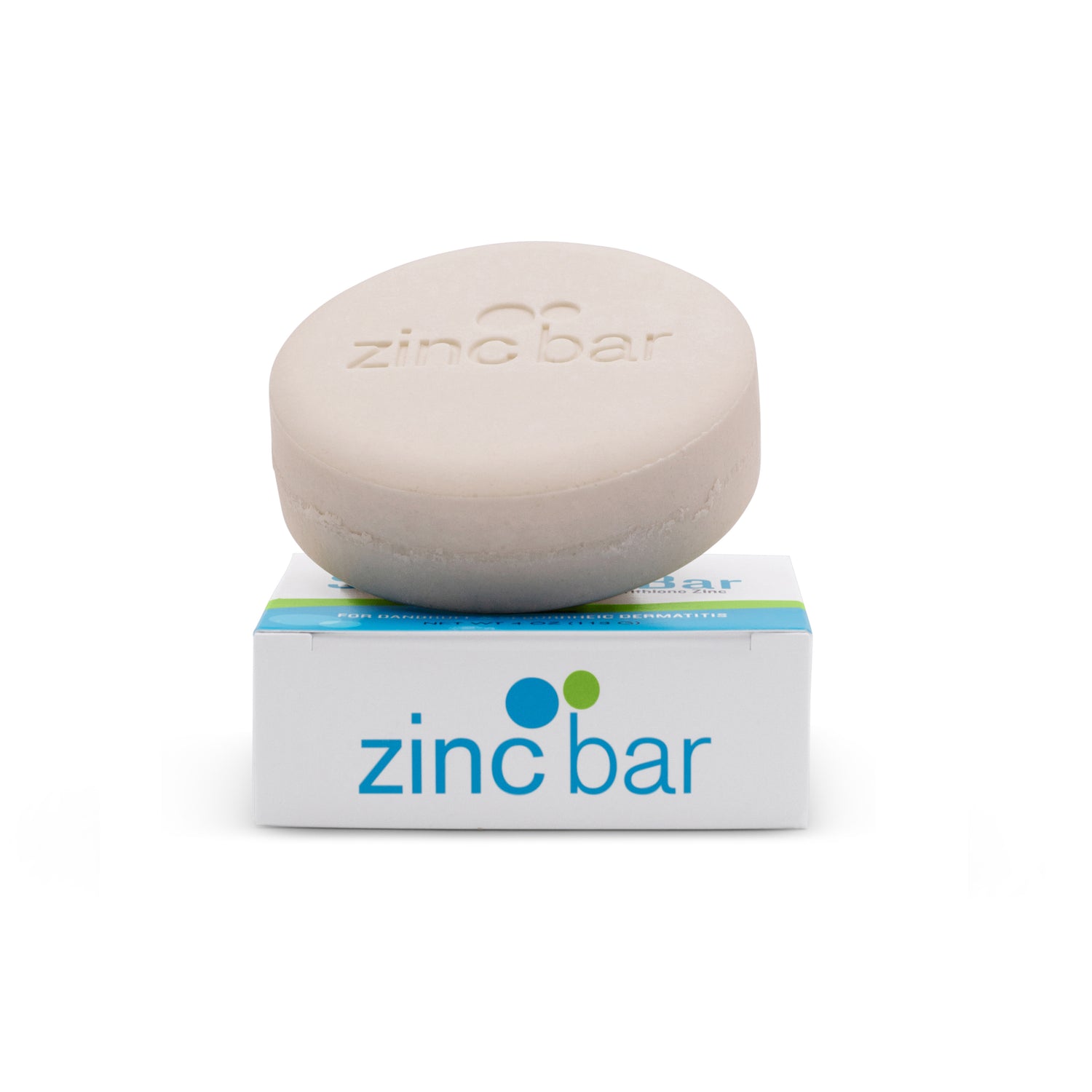Zinc
Zinc is an important trace element (symbol Zn) that is present in every cell of the body. It participates in stimulating the activity of approximately 100 different enzymes. Zinc is needed for wound healing and tissue damage repair, as well as for synthesis of DNA, and helps maintain a strong immune system.
Zinc deficiency can occur when its intake is insufficient or when it is poorly absorbed. Deficiency can occur in people who consume large amounts of alcohol, as this decreases the absorption of zinc. Zinc deficiency is described by weight loss, hair, loss, diarrhea, poor wound healing, taste abnormality, birth defects, poor growth and development, and mental lethargy.
Clinical studies have shown that zinc, combined with other antioxidants, may delay the progression of age-related macular degeneration. Dietary intake of zinc may help to strengthen the immune system, and has been shown to impede the onset of the flu. Zinc may also prevent or shorten the duration of common cold symptoms. Persons taking zinc supplementation should also be sure to get adequate copper, however, as zinc apparently blocks copper absorption and may cause copper deficiency.
Zinc salts are effective against pathogens (due to the antimicrobial action of the zinc ions) when directly applied. Pyrithione zinc is topically used to treat seborrheic dermatitis of the scalp and other skin conditions such as eczema, athlete's foot and vitiligo. Despite FDA regulation 21 CFR 358.750 (which disallows product claims for eczema and psoriasis), many consumers continue to use pyrithione zinc for the treatment of these conditions with good results.
Zinc can be found in beef, lamb, crab, oysters, nuts, almonds, whole grains, pumpkin seeds, sunflower seeds and buckwheat.
Health benefits of zinc
- Assists in the production of DNA and RNA
- Has antimicrobial properties
- Reduces inflammation
- Assists in hormonal metabolism
- Helps maintain a healthy immune system
- Helps fight the common cold and flu
- Helps in wound healing
Recommendations
- RDI/AI – 11mg per day
- UL – 40 mg per day

